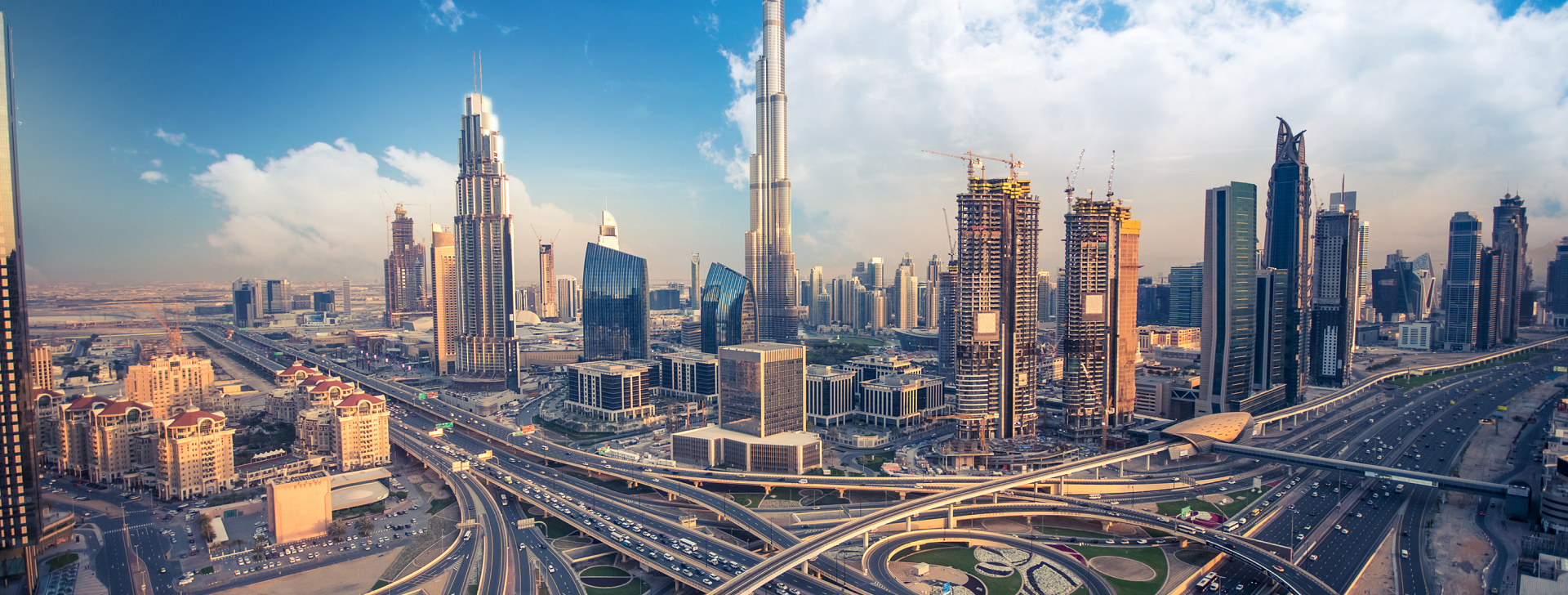Dubai is increasingly making efforts towards sustainability. In recent years, the city has embarked on ambitious initiatives aimed at reducing negative impact on the environment and implementing eco-friendly practices. From innovative green buildings to renewable energy projects, Dubai is emerging as a leader in sustainable development within the Middle East. This transformation underscores a growing commitment to balance economic growth with environmental responsibility, marking Dubai as a dynamic hub not only of commerce and culture but also of sustainable innovation.
What are some sustainable practices that could be implemented in real estate projects?
Incorporating sustainable practices in real estate development involves the integration of advanced technologies and environmentally friendly solutions.
Energy-efficient systems significantly reduce energy consumption. For example, water conservation is achieved through the installation of low-flow fixtures and rainwater harvesting systems. In addition, incorporating recycled and reclaimed materials not only minimizes the need for resources but also supports significant waste reduction efforts. Strategies like maximizing natural ventilation and daylighting are also incorporated as they enhance indoor environmental quality. Moreover, smart technology plays a crucial role in sustainability; Building Automation Systems (BAS), smart thermostats, and energy management systems work together to optimize energy use and enhance comfort. These practices create a more sustainable and efficient living environment.
Dubai Government Role and Initiatives in Promoting Sustainability
Governments generally play a critical role in promoting sustainability. Their role involves establishing laws and regulations to ensure that real estate development is sustainable and implementing green building codes that require energy-efficient designs, in addition to encouraging the use of sustainable materials and efficient water and waste management systems.
Another important responsibility that falls upon governments’ shoulders is promoting sustainability through education and public awareness campaigns. For example, offering training for builders, architects, and developers on sustainable building practices and technologies is crucial for equipping industry professionals with the necessary skills and knowledge. Additionally, funding research into new sustainable building technologies and practices is a significant step that can lead to innovative solutions for current environmental challenges.

Engaging the public in projects that promote sustainability is a key responsibility of the government. By involving citizens in these initiatives, the government ensures long-term environmental benefits and fosters a culture of community participation and awareness. Dubai government has initiated several large-scale sustainable practices, as well as multiple initiatives that engage the public. They include:
- “Dubai Paperless Strategy” which aims to eliminate paper consumption in government operations by digitizing processes.
- Earth Hour” where citizens and businesses are encouraged to switch off nonessential lights to raise awareness about energy conservation.
- “Dubai Can” initiative which promotes the use of refillable water bottles to reduce plastic waste. .
These initiatives exemplify Dubai’s commitment to sustainability and set a benchmark for integrating eco-friendly practices in various sectors.
What is the role of the developer in fostering sustainability?
The role of the developer in sustainability is multi-layered, encompassing a range of responsibilities.
Here are key aspects of a developer’s role in sustainability:
Developers must incorporate sustainability into their core vision and business strategy, ensuring that environmental considerations are a priority from the outset. This could be achieved by adopting designs that maximize energy efficiency, such as passive solar design, natural ventilation, and green roofing, and selecting materials that are recycled, reclaimed, or sustainably sourced to reduce the environmental footprint of construction.
In addition, it is important to ensure compliance with local, national, and international environmental regulations and standards, and regularly review and update sustainability strategies to incorporate new technologies and practices.
Collective Action; Shared Responsibility:
Achieving sustainability is a shared responsibility that requires collective action. Governments, citizens, and developers all play crucial roles in this endeavour. Governments must establish and enforce regulations, provide incentives, and promote education and awareness. Developers need to integrate advanced technologies and environmentally friendly practices into their projects. And undoubtedly, individualsshould engage in sustainable practices and support eco-friendly initiatives. Through collective action and efforts, a sustainable and resilient environment could be attained.


